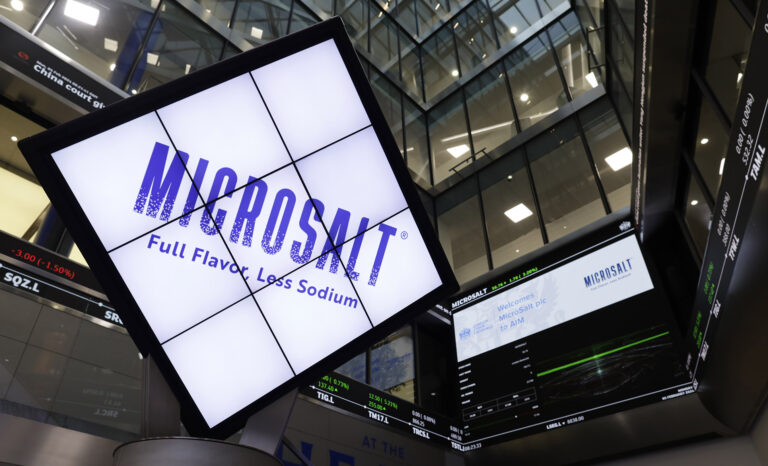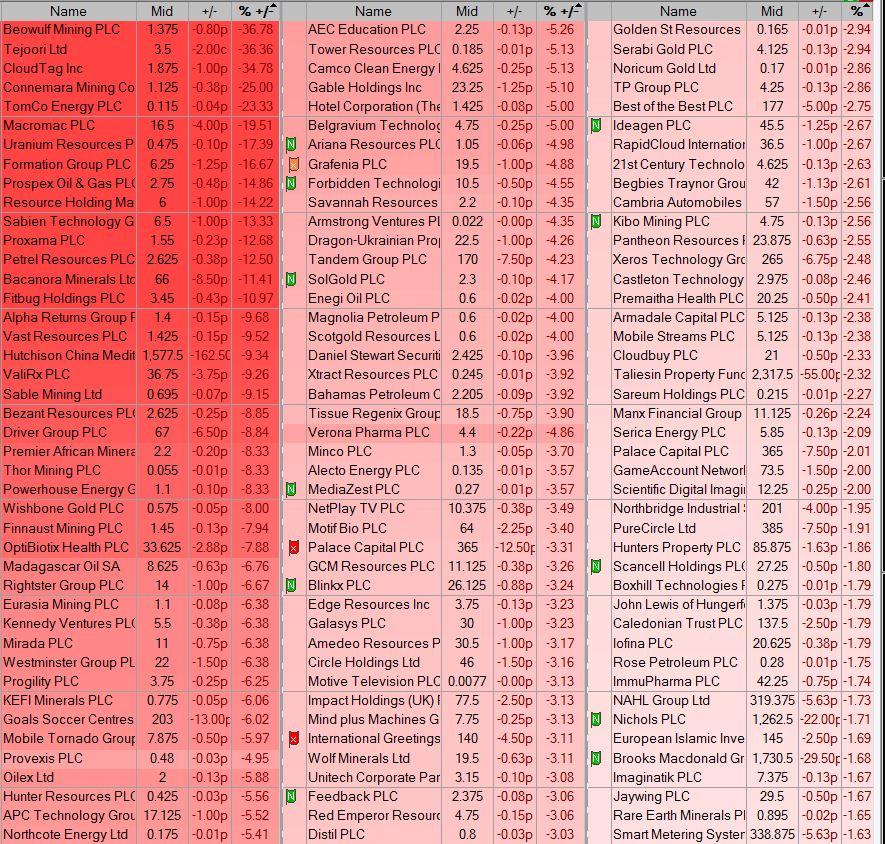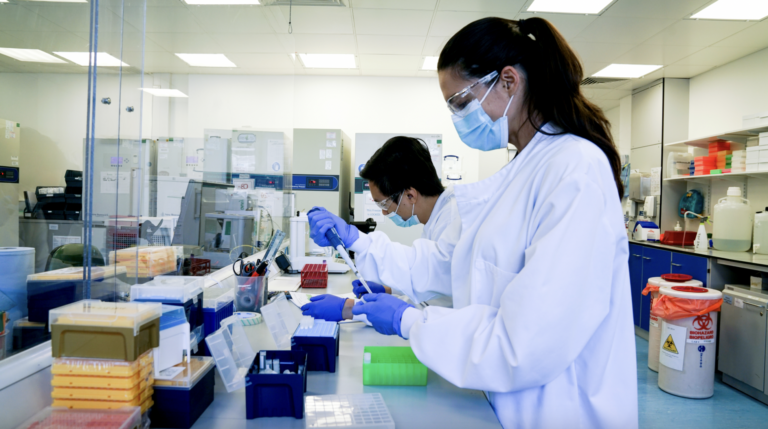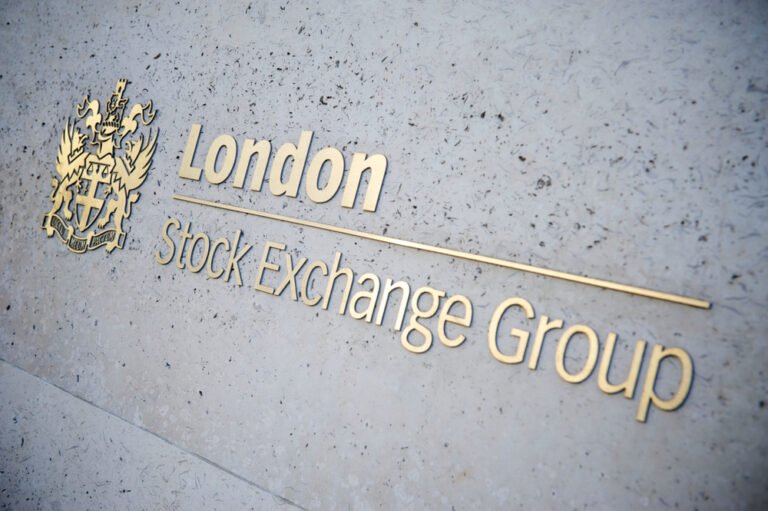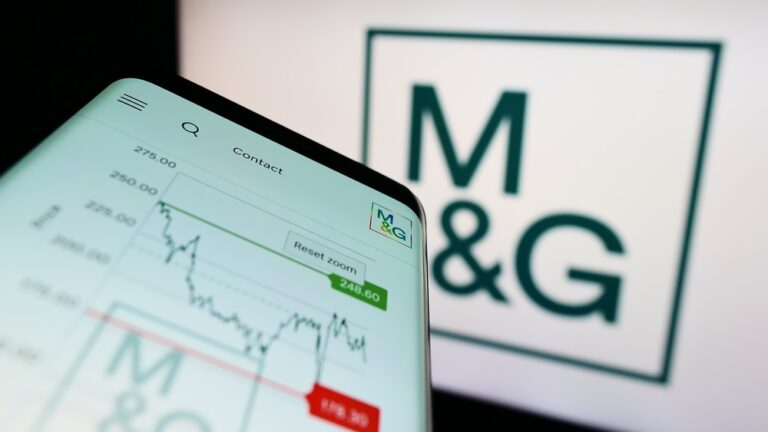MicroSalt shares rose on Monday after the producer of low-sodium salt announced final results and a dramatic increase in the pace and size of orders from one of the world’s largest snack food companies.
The company has secured repeat purchase orders totalling over 57 metric tonnes from major international food and beverage companies across North America. Although the snack food business remains nameless, the scale of the orders narrows down the pool of companies to just a handful of leading consumer companies.
MicroSalt has also announced the successful development of its new premium product line targeting the quick service restaurant sector, which promises to open up further revenue channels.
MicroSalt has established regular supply relationships with the nameless food giant, securing orders across Mexico (44 metric tonnes), Canada (7.3 metric tonnes), and the United States (5.9 metric tonnes). These recurring monthly orders began in the fourth quarter of 2024 and have continued throughout 2025.
The timing of the orders means the impact on FY24 numbers was negligible, and the financial report for last year is representative of a MicroSalt engaged in R&D, not the rapidly scaling company MicroSalt appears to be today.
The company has undergone significant testing of its products with its customers. The subsequent decision to reformulate product lines to include MicroSalt would not have been taken lightly and is difficult to reverse. This will support MicroSalt revenues for the foreseeable future.
Premium product targets the restaurant market
The company’s research and development efforts have yielded MicroSalt Premium, a patent-pending product specifically designed for quick service and fast service restaurants. The new product addresses bulk density requirements for the foodservice channel, with particular focus on the French fry market, which represents over 2 billion servings annually in the United States alone. It’s difficult to make a reliable revenue projection for the successful penetration of MicroSalt Premium, but it could run into the millions, potentially tens of millions.
The company said the premium product line has already gained significant commercial interest and is currently in final consideration for rollout with a leading international brand during the third quarter of 2025.
Record-breaking sales performance
First-quarter 2025 bulk sales reached 98 metric tonnes, representing a new company record and establishing three consecutive quarters of growth. Notably, bulk revenue in the first quarter alone exceeded total bulk revenue for the entire 2024 financial year by 42%.
For the year ended 31 December 2024, MicroSalt reported revenue of $0.75 million, compared to $0.6 million in 2023, with the increase primarily driven by business-to-consumer sales before the material ramp-up in bulk orders commenced in the fourth quarter. Analysis of the results issued today is purely academic, given the step change in order flow at the end of the period.
The company reaffirmed its guidance of revenue exceeding $2.5 million for 2025. This doesn’t include the launch of the French fry-focused MicroSalt Premium later this year.
“This has been a transformational year for MicroSalt. Following our successful IPO, and with continued evidence of the timeliness and essential nature of MicroSalt’s products, we are now a recognised and preferred choice for product reformulation globally,” said Rick Guiney, CEO of MicroSalt.
“MicroSalt’s progress is reflected in the material improvement in revenue generation during Q4 2024 that continued into the early months of 2025, driven by recurring orders from one of the world’s largest snack food businesses. The repeat nature of orders and the work undertaken to date to reformulate some of the world’s leading snack food brands provide us with clear revenue visibility and the ability to reaffirm 2025 revenue guidance of at least $2.5 million.”
MicroSalt shares were 5% higher at 65p at the time of writing, valuing the company at £33m. Interestingly, MicroSalt’s founding firm, Tekcapital, has a 69% stake now worth £22m, more than Tekcapital’s entire market cap.

